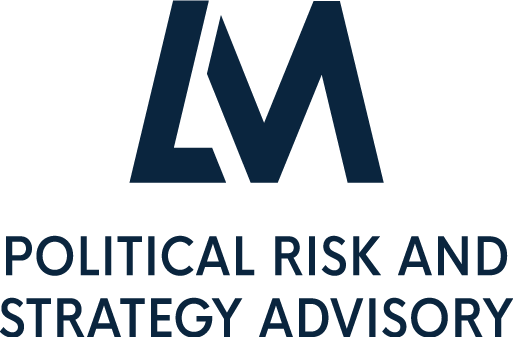CASE STUDY – POLITICAL RISK MANAGEMENT
A Germany-based mid-sized firm in the high-tech industry experienced dramatic success over the last ten years, with enormous growth rates and increasingly globalized business. The firm expanded from Western Europe and North America, where it generates up to 60% of its total turnover, to the emerging markets in Latin America, East and Southeast Asia, Eastern Europe, and Russia. Although the firm has established subsidiaries in what it regards as its core markets, i.e. Western Europe and North America, it only operates with a loosely connected distribution network in the emerging markets. The management decided to strategically boost its operations in the emerging markets in order to gain higher growth rates. Because of market volatility and uncertainties which the management believed to be inherent in the emerging markets’ business environments, however, the firm implemented its strategy only very hesitantly.
The German firm turned to LM Prisk to systematically align its market strategy with the uncertainties that can often be detected in the countries’ political contexts. We proceeded in three steps. Step one was dedicated to analyzing the firm’s exposure to different emerging markets and getting a clear understanding of how the firm’s operations and resources could be affected by diverse political risks specific to the different emerging markets. In a second step we aligned the needs for a successful market strategy with the requirements to avoid or mitigate the firm’s exposure to political risk factors in the different countries. Taking the political risk context into consideration helps firms to enter emerging markets well-prepared so that market opportunities can be seized even in politically risky environments. In a third step we equipped the management with the necessary analytical tools and instruments to continuously monitor its operations and evaluate the political risks in the respective emerging markets.
The Germany-based firm found itself capable of entering the emerging markets with a more dedicated approach than when relying solely on a distribution network. As a result of a concise and transparent analysis and the subsequent implementation of a comprehensive yet lean political risk management, the high-tech company could profit from the expanding markets in politically risky environments. Without LM Prisk, the firm the firm would have been unable to fully enter these growth markets.
